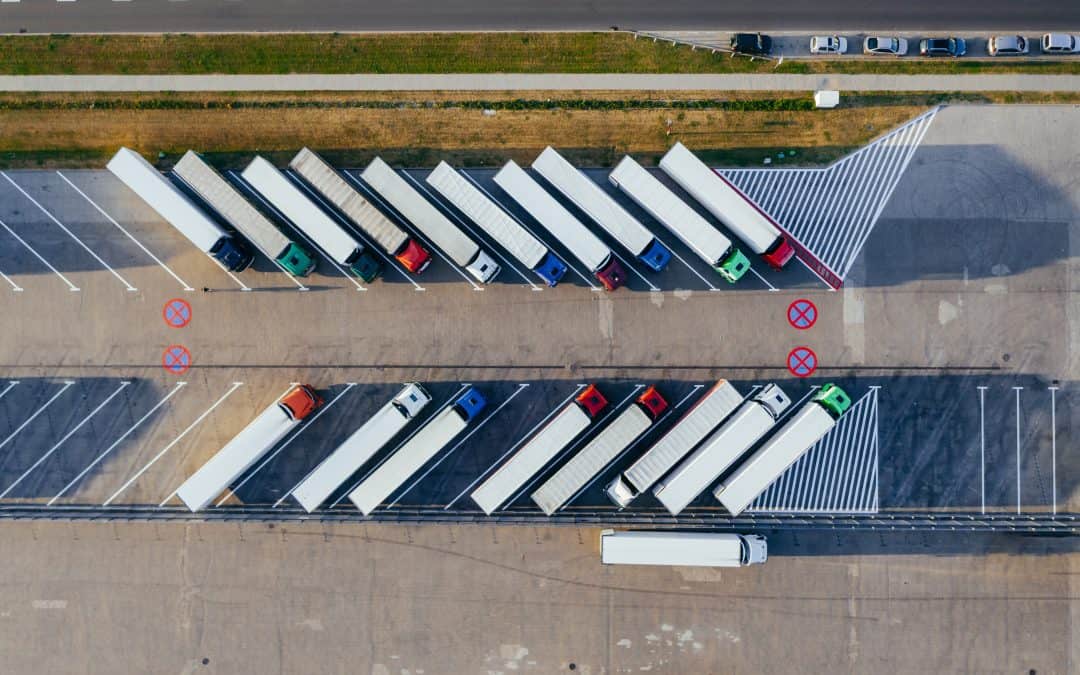The European Court of Justice (ECJ) passed an iconic decision in a preliminary ruling procedure. A Hungarian company has sued for damages arising from a Europe-wide cartel case before a Hungarian court. The question was whether the case fell under Hungarian jurisdiction at all.
Normally, on a market where there are several similar products, the price increase of a product would make the consumers choose a similar one if it is able to replace the former. It obviously does not have a positive effect on the producer because they may lose customers, so no one likes to raise prices alone. In case of a cartel, the producers have a ‘behind the scenes’ agreement on selling their similar products on very similar – mostly same – prices. This leads to an inconvenient situation for the consumers – which is exactly why cartel is strictly prohibited in the entire European Union.
In this particular case, a Hungarian company stated that they suffered damage due to a European truck cartel. Several big truck manufacturers took part in the cartel – MAN, Daimler, Iveco, Volvo and DAF. The peculiarity of the case was that the Hungarian company sued in Hungary before the Regional Court in Győr which addressed the ECJ to answer if they have jurisdiction in the case at all.
According to the ECJ, there was no impediment to continue the procedure in front of the Hungarian court. The ECJ underlined that injured parties of a cartel may pursue their claims in the jurisdiction where the distorted price had been applied – in this case in Hungary – even if the claim is against a cartel participant whom the injured party never was in any contractual relationship with.
The ECJ decision constitutes a precedent because it states that it is not relevant from which cartel member the products were purchased from but any cartel member may be sued. The type of the contract by virtue of which the trucks had been used is irrelevant as well – although the defendant argued that the company leased the trucks and never owned them, so they were not in a position to suffer any damage. But the court ruled that the lessee actually suffered damage because the lessor could put their margin only on prices already increased by virtue of the cartel.
The decision of ECJ has confirmed that in case of Europe-wide cartels, a lawsuit for compensation of damages caused by the cartel may be filed in the jurisdiction of the injured party.
